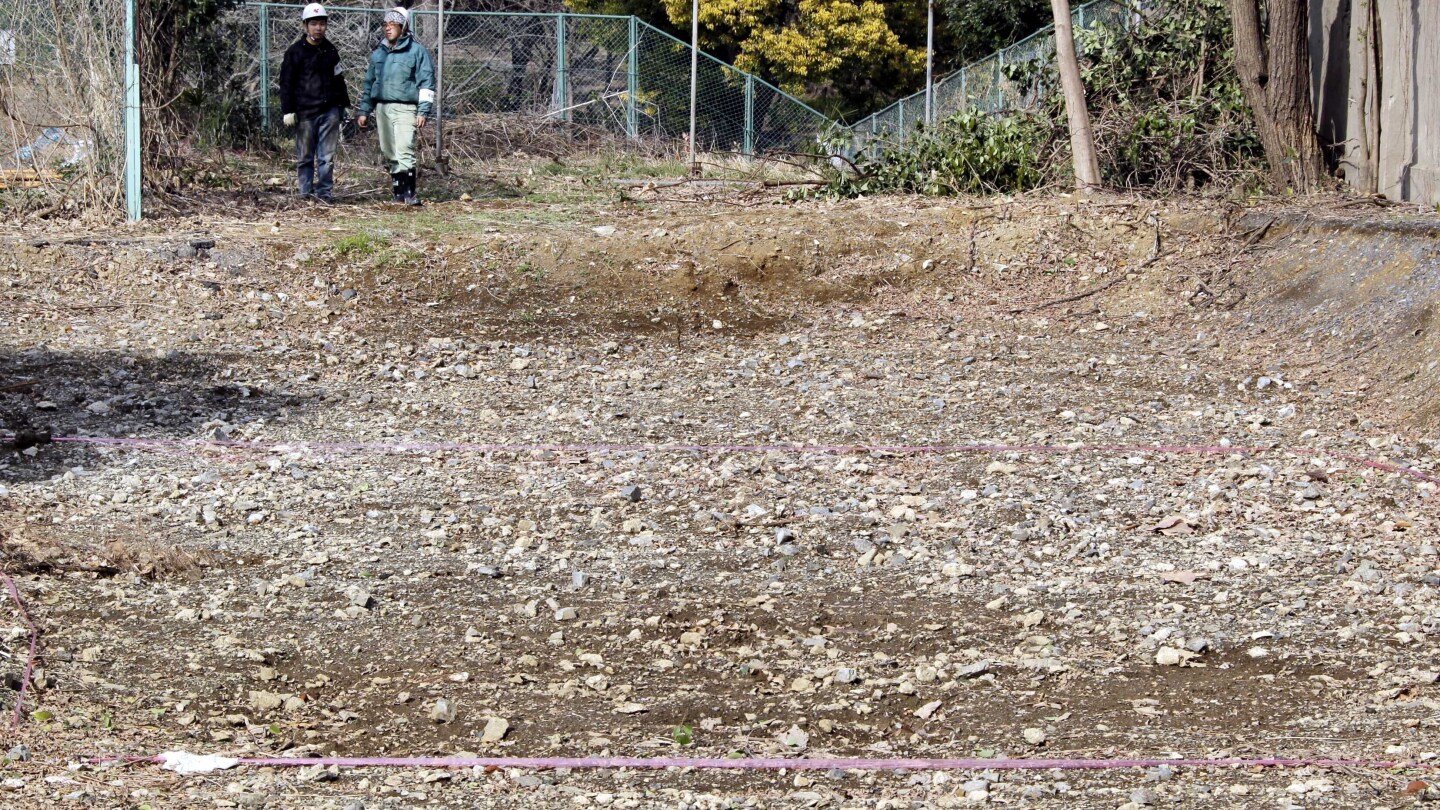TOKYO (AP) — Depending on who you ask, the bones that have been sitting in a Tokyo repository for decades could be either leftovers from early 20th century anatomy classes, or the unburied and unidentified victims of one of the country’s most notorious war crimes.
A group of activists, historians and other experts who want the government to investigate links to wartime human germ warfare experiments met over the weekend to mark the 35th anniversary of their discovery and renew a call for an independent panel to examine the evidence.
Japan’s government has long avoided discussing wartime atrocities, including the sexual abuse of Asian women known as “comfort women” and Korean forced laborers at Japanese mines and factories, often on grounds of lack of documentary proof. Japan has apologized for its aggression in Asia, but since the 2010s it has been repeatedly criticized in South Korea and China for backpedalling.
Around a dozen skulls, many with cuts, and parts of other skeletons were unearthed on July 22, 1989, during construction of a Health Ministry research institute at the site of the wartime Army Medical School. The school’s close ties to a germ and biological warfare unit led many to suspect that they could be the remains of a dark history that the Japanese government has never officially acknowledged.



Headquartered in then-Japanese-controlled northeast China, Unit 731 and several related units injected prisoners of war with typhus, cholera and other diseases, according to historians and former unit members. They also say the unit performed unnecessary amputations and organ removals on living people to practice surgery and froze prisoners to death in endurance tests. Japan’s government has acknowledged only that Unit 731 existed.
Top Unit 731 officials were not tried in postwar tribunals as the U.S. sought to get ahold of chemical warfare data, historians say, although lower-ranked officials were tried by Soviet tribunals. Some of the unit’s leaders became medical professors and pharmaceutical executives after the war.
https://en.m.wikipedia.org/wiki/Unit_731
Warning: extremely unpleasant wikipedia article
I was unaware of this until Stuff You Should Know did an episode about Unit 731 recently. It’s one of those terrible-but-necessary things to learn about, but they do a good job of covering it thoroughly and tactfully, so I’d recommend it in addition to the Wikipedia article.
Japan has in general done so so little to make up for all the unspeakable atrocities they did. This includes the history of the Japanese Liberal Democratic Party, which is neither liberal nor democratic and which was, and I swear I’m not making this up, at one point a front for the CIA, which was actively involved in getting terrible war criminals in power and torturing leftists because of the red scare and all that.
Oh, and Nobusuke Kishi, CIA-rehabilitated war criminal and former prime minister, is literally the favourite grandfather of later prime minister Shinzo Abe. It’s as if Operation Paperclip had spirited away Göbbels from war crime allegations and a later prime minister of Germany would have been his grandkid. It’s wild.
It’s even funnier that none of this was related to Shinzo Abe’s assassination, for the record.